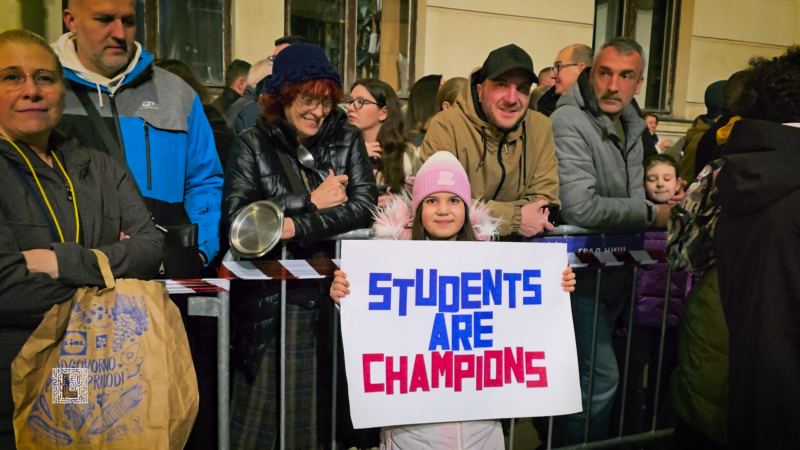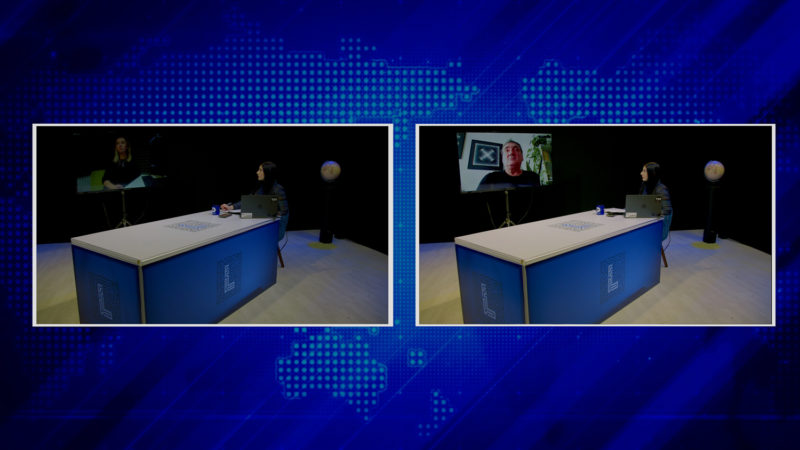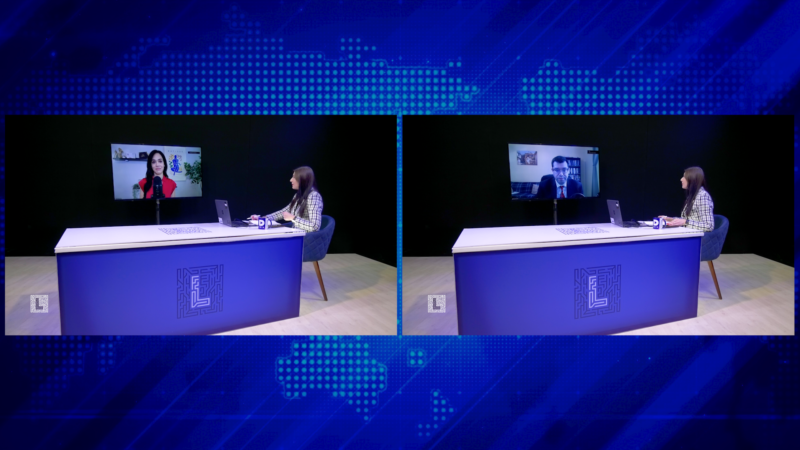Labyrinth in Kosovo
Albin Kurti’s party, Self-Determination, received the most votes in Kosovo’s regular parliamentary elections. These are the first regular elections since Kosovo’s independence in 2008. The current prime minister will have to form a coalition if he wants to retain the prime minister’s office. Analysts we spoke say that Kurti has two options, either a coalition with the opposition or with minorities. Negotiations are just beginning. In the campaign, which passed peacefully, the focus of politicians was mainly on ethnic issues, while the focus of the people, however, is on real social problems such as the economy, emigration and corruption. We talk to journalist Vjosa Cerkini in Pristina about all these issues, as well as about Kosovo’s international relations under the leadership of Albin Kurti. In Mitrovica, we spoke with political analyst Nexhmedin Spahiu, and in North Mitrovica, we asked citizens what they think about these elections.
You Might also like
-
Reportage from the welcome of Serbian students in Aleksinac and Niš
Labyrinth follows the student protests in Serbia
Serbian students were welcomed in every city with tears in their eyes, loud applause and fireworks. After the big rally in Kragujevac, the students also organized a walk to Niš. They set off from several different cities and walked for five days to their final destination. As a sign of support, several citizens, a group of marathon runners, as well as a group of cyclists, joined them, and the locals organized a welcome with loud cheers and torches. Throughout their journey, the students had medical support provided by medical students, as well as by medical staff from institutions across Serbia who volunteered to treat their wounds. Watch the reportage from part of the students' journey, and tomorrow the second part will follow, namely the reportage from the big rally on March 1st.
Post Views: 922 -
Increased efforts to resolve the issues in Kosovo and BiH
Kosovo will enter the Council of Europe, BiH received the green light from the EC
-
Trump returns to the Oval Office – Will he stop the wars as he promised?
The Americans have spoken - a triple victory for the Republicans.
The Americans have declared, they are returning Trump to the White House. Labyrinth with appearances from Tampa, Florida and Cincinnati, Ohio analyzed how the new President came to this victory and how that election will affect global geopolitics. Jalyssa Dugrot, a journalist from Florida reports about the atmosphere there. We analyze Trump's future steps on the world political stage with Professor Ivan Dinev from the University of Cincinnati.
Watch the full episode.
Post Views: 867





